Thinking about making Europe your base, but don’t quite fit the mold for the most popular visa programs? The good news is that beyond the well-trodden paths, there’s a whole world of overlooked options that could open the door to a new life overseas, often with lower costs, lighter requirements, or faster processing.
From treaty-based entrepreneur residency in the Netherlands to Croatia’s little-known apartment visa, these programs provide under-the-radar ways to establish yourself on the continent. Some can be stepping-stones to long-term residency, while others offer flexible short-term stays that can be renewed year after year.
Here are five lesser-known visas that could unlock your place in the European Union—or very close to it.
How to Get a Second Passport
How to Get a Second Passport
According to Forbes, 133 million Americans could be eligible for an EU passport…
Our expert shows you 4 paths to a European passport (and the one he’s taking), plus the most common way for Americans to get a second passport in Europe.
Claim your free report and bonus video when you sign up for International Living's Daily Postcards.

By submitting your email address, you will receive a free subscription to IL Postcards, The Untourist Daily and special offers from International Living and our affiliates. You can unsubscribe at any time, and we encourage you to read more about our Privacy Policy.
Netherlands
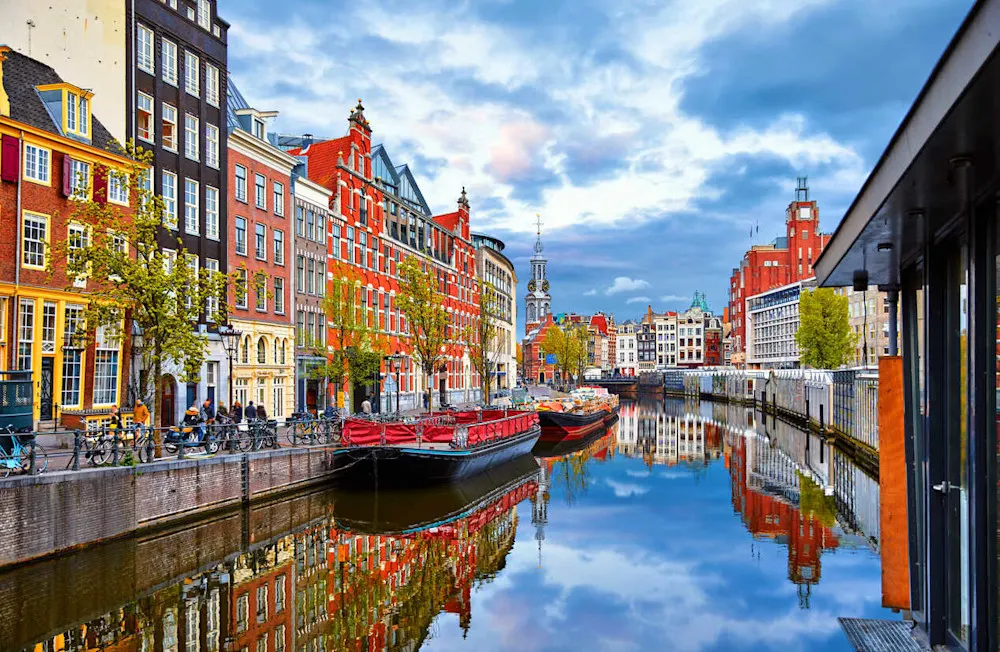
Visa Name: Dutch American Friendship Treaty
Who It’s For: Entrepreneurs, digital nomads
Key Requirements: A business plan that will bring a company to profitability within two years
Why It’s Worth Considering: Unique to Americans, this visa requires only a viable business idea to get immediate residency
DAFT allows U.S. citizens to reside in the Netherlands if they plan to run a business there. For example, I recently helped a couple who run an online business selling medical equipment plan their move to the Netherlands.
This is an exceptional opportunity because it allows you to establish Dutch residency immediately. The key is a convincing business plan showing you can support yourself and eventually make a profit. The business can be in its infancy, with no income yet, as long as it has potential.
Note that spending more than six months of the year in the Netherlands triggers tax obligations, which can go up to 49.5%. Also, the Netherlands doesn’t allow dual citizenship. However, after five years on a DAFT visa, you can apply for permanent residency, which grants EU-wide residency and work rights.
Albania
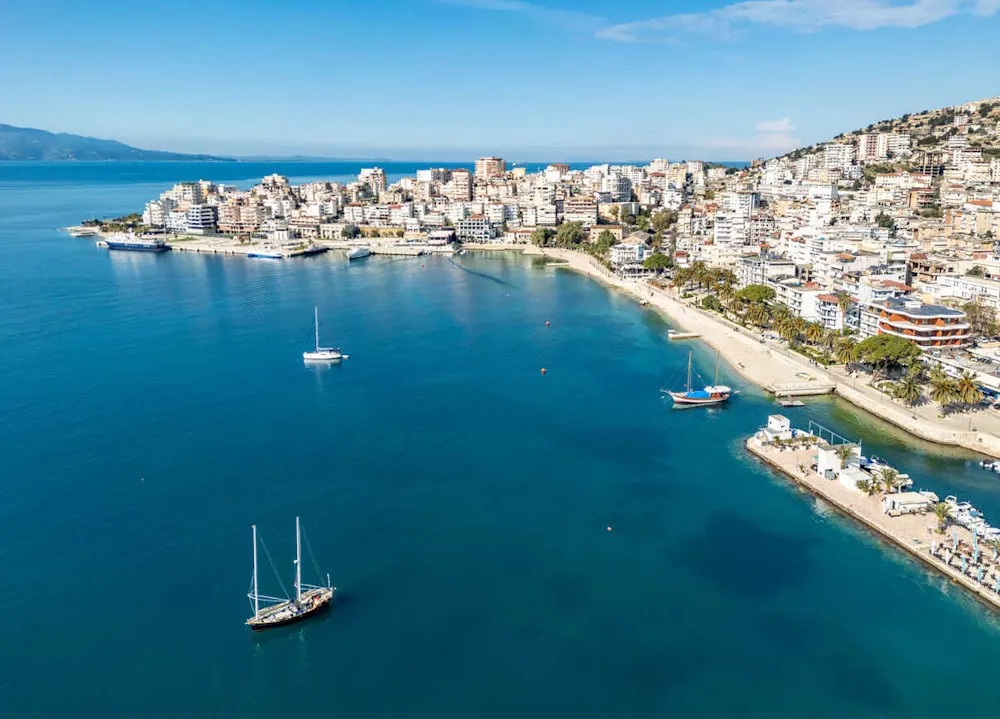
Visa Name: Type D
Who It’s For: Retirees, investors, digital nomads
Key Requirements: Proof of financial means to cover living expenses
Why It’s Worth Considering: Low income and investment thresholds, with a highly affordable cost of living compared to most of the EU
This small Adriatic country offers long-term residency to digital nomads, retirees, investors, and residential property owners who can support themselves.
Albania was an outlier during the Communist era, allied with China rather than the Soviet Union. After the collapse of the Iron Curtain, it was caught up in the Balkan wars, which discouraged tourism. That’s precisely why it’s such a great opportunity now.
Albania doesn’t have separate visas for each situation but offers a single visa with multiple ways to qualify. It doesn’t specify an income threshold, but if you can show you earn enough to support yourself, have a place to stay, and possess valid health insurance, you have a good chance of qualifying.
Living in Albania as a remote worker triggers tax obligations after six months: 15% on income up to €1,300 a month and 23% on income above that. Bear in mind that Albania is not part of the European Union, so this visa doesn’t yet grant Schengen travel rights. However, Albania has applied for EU membership, which may be approved later this year.
Slovenia
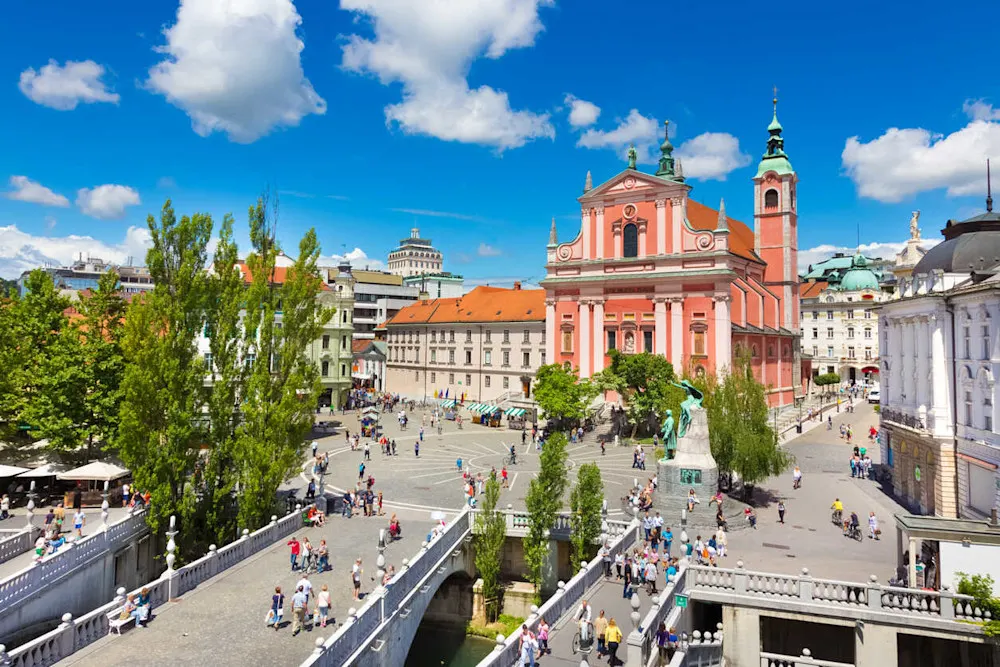
Visa Name: Digital Nomad
Who It’s For: Remote workers earning income from outside the country
Key Requirements: Proof of about €3,200 in monthly income, accommodation, and health insurance
Why It’s Worth Considering: EU and Schengen member with a cost of living about 50% lower than the United States
Slovenia might be hard to find on a map, but it’s making itself known for European residency opportunities. Once the northernmost part of Yugoslavia, Slovenia lies at the crossroads of the Balkans, Italy, and Central Europe.
Starting November 1, 2025, Slovenia will offer its own digital nomad visa. You just need to show sufficient income, a place to live, and health insurance. Like neighboring Croatia, Slovenia blends lowland and Alpine lifestyles, with quick access to Italy, Austria, and Hungary.
It boasts excellent infrastructure, including fiber-optic broadband and ample coworking spaces. Slovenia doesn’t tax foreign income, so that’s an advantage.
The main drawback is that, unlike most digital nomad visas, it can only be renewed after leaving the country for six months, meaning it doesn’t count toward permanent residency.
Croatia
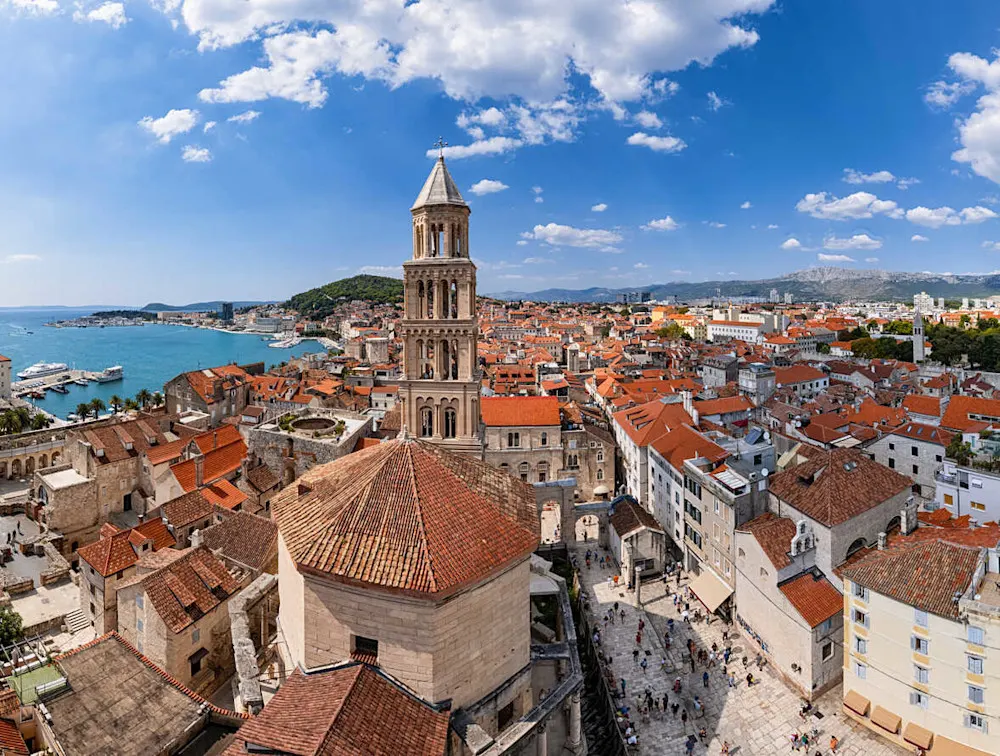
Visa Name: Long-Stay “Apartment Visa”
Who It’s For: Foreigners who own or rent property
Key Requirements: Proof of property ownership or a long-term lease, sufficient funds, and health insurance
Why It’s Worth Considering: A straightforward, property-based path to EU and Schengen residency without high income thresholds
Croatia offers a little-known “apartment visa” that allows foreigners, including Americans, to establish residency simply by showing they own residential property or hold a long-term rental lease. Applicants also need to demonstrate sufficient funds and health insurance. The visa is generally valid for a year and can be renewed.
While it doesn’t directly lead to permanent residency or citizenship, this permit creates a legal base in the European Union and Schengen zone without the steep financial requirements often seen elsewhere. With Croatia’s Adriatic coast, historic towns, and more affordable lifestyle than many Mediterranean destinations, it’s an appealing option for retirees, part-timers, and digital nomads alike.
Estonia
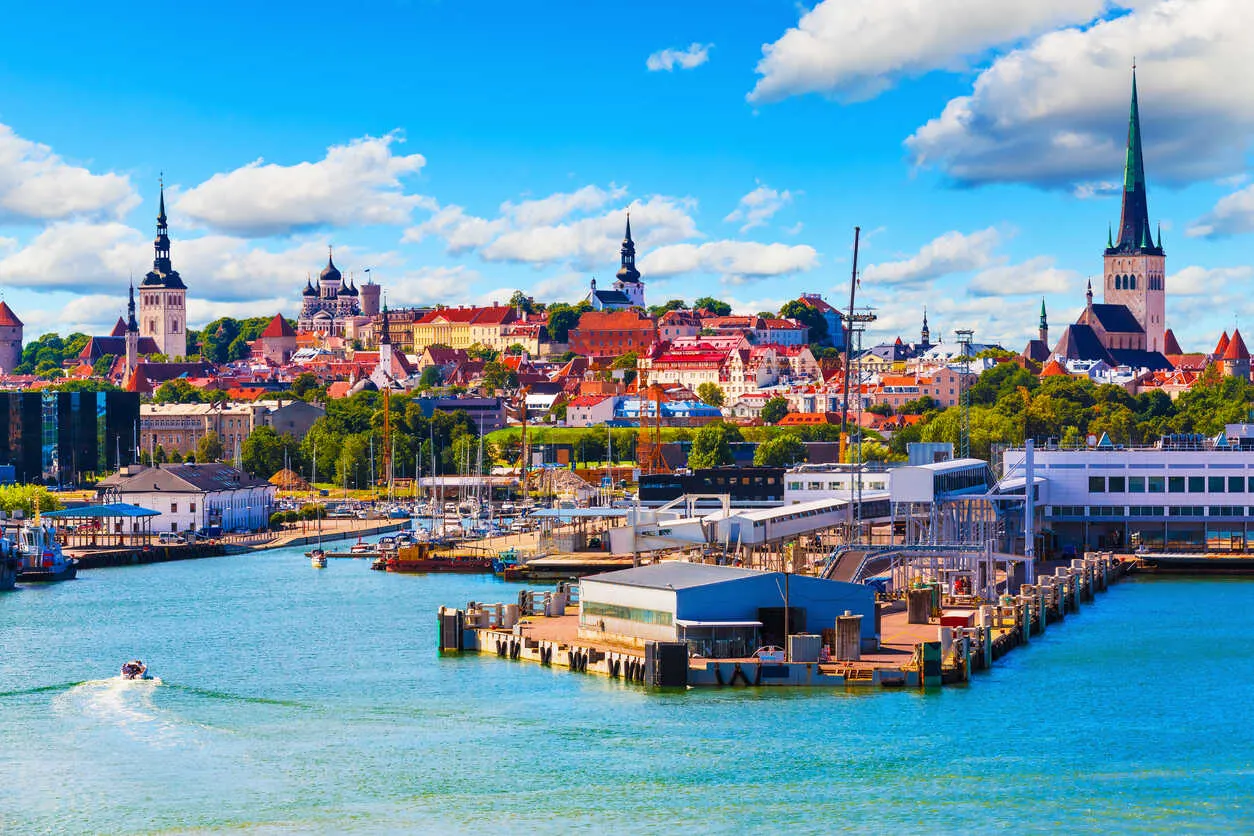
Visa Name: Digital Nomad
Who It’s For: Remote workers earning income from outside the country
Key Requirements: Proof of about €4,500 in monthly income, accommodation, and health insurance
Why It’s Worth Considering: Offers a tech-forward alternative to Mediterranean digital nomad hubs
Estonia has gained fame for its innovative use of technology in public and business life. It offers the world’s first digital ID, enabling you to set up businesses and bank accounts remotely—though it doesn’t grant residency.
This Baltic nation, linguistically related to Finland, is known for its safety, cleanliness, tech-savvy culture, and affordability compared to much of Western Europe. It’s an appealing choice for those who prefer a more northerly climate.
Spending more than six months in Estonia in a year triggers a flat 20% tax on worldwide income.
This is an excellent alternative to the classic southern European nomad visas, offering a different climate and cultural experience within the EU and Schengen zone.
Final Thoughts
Under European Union law, the immediate family members of anyone who gains residency rights in a Member State can join them under the family reunification system. This applies to every country on our list except Albania, although Albania also allows immediate family members to live with the visa holder.
Whether your goal is to spend slow, sun-filled months by the Adriatic, work remotely from a historic European capital, or enjoy a low-cost life in a charming small town, it’s worth looking beyond the usual suspects. The right visa might not be the one everyone is talking about—and that’s exactly why it could be perfect for you.
If you decide to pursue one, be sure to check the most up-to-date rules and requirements, as eligibility can change quickly. At International Living, we have trusted resources who can help guide you through the process. You can even arrange a consultation with me directly if you’d like expert advice on taking the next step.
How to Get a Second Passport
How to Get a Second Passport
According to Forbes, 133 million Americans could be eligible for an EU passport…
Our expert shows you 4 paths to a European passport (and the one he’s taking), plus the most common way for Americans to get a second passport in Europe.
Claim your free report and bonus video when you sign up for International Living's Daily Postcards.

By submitting your email address, you will receive a free subscription to IL Postcards, The Untourist Daily and special offers from International Living and our affiliates. You can unsubscribe at any time, and we encourage you to read more about our Privacy Policy.
